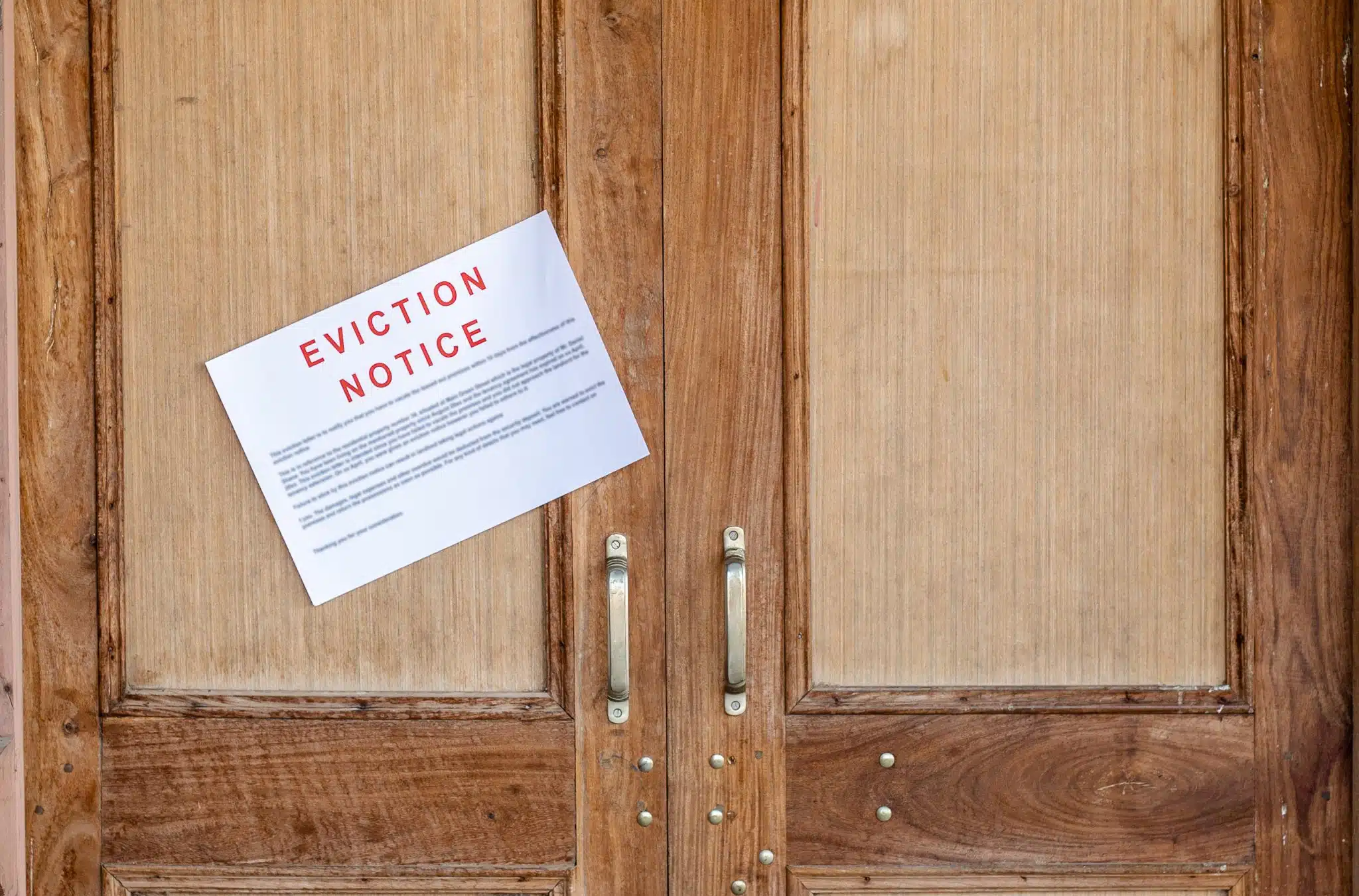An updated version of this blog was posted on March 2, 2021.
On October 1, 2020, the Helping Tenants and Small Businesses Act, 2020 (the “Act”) came into force. The Act amends the Commercial Tenancies Act to prohibit landlords from taking certain actions against their commercial tenants if the landlord is or would be eligible to receive assistance under the Canada Emergency Commercial Rent Assistance program (“CECRA”). The Act does not apply to a landlord once that landlord is approved to receive assistance under CECRA.
Among other things, the Act extends, until the end of October, the temporary ban on evictions of commercial tenants. This ban was originally instituted under the Protecting Small Business Act, 2020 that came into force on June 18, 2020, and expired on September 1, 2020.
More specifically, the Act limits the landlord’s remedies against a commercial tenant eligible under CECRA such that:
- A judge cannot order a writ of possession that is effective during the non-enforcement period* if the reason for the order is an arrears of rent.
- A landlord cannot exercise its right of re-entry during the non-enforcement period*.
- A landlord cannot seize any goods or chattels as a distress for arrears of rent during the non-enforcement period*.
* The non-enforcement period is a period commencing on October 1, 2020, and ending on the earlier of: (a) October 30, 2020, or (b) an earlier date to be proclaimed by the Lieutenant Governor.
In addition, the Act has a retroactive effect. Specifically:
- If a landlord re-entered the leased premises between September 1, 2020, and September 30, 2020 (inclusive), the landlord is required to restore possession of the leased premises to the tenant (unless the tenant refuses to accept possession) or, if the landlord is unable to do so (other than by reason of the tenant’s refusal to accept possession), compensate the tenant for damages.
- If a landlord seized a tenant’s goods or chattels between September 1, 2020, and September 30, 2020 (inclusive), as a distress in order to recover arrears of rent, the landlord is now required to return to the tenant all unsold goods and chattels to the tenant.
For more information on the Act, please click here.
This blog post was written by Marina Abrosimov, a member of the Business Law team. Marina can be reached at 613-369-0363 or at marina.abrosimov@mannlawyers.com.








